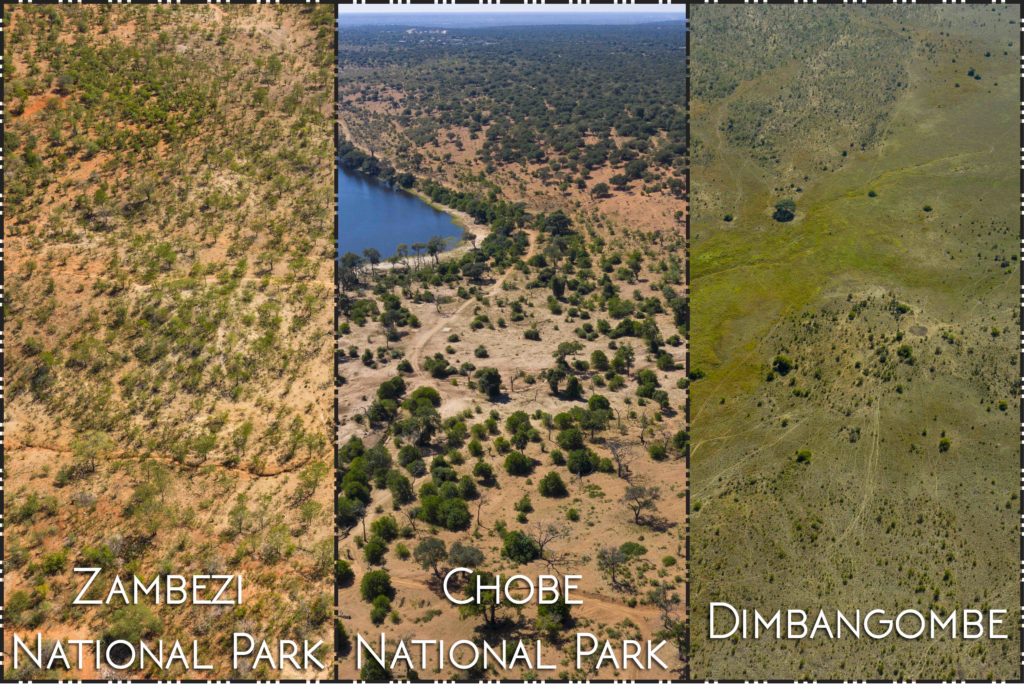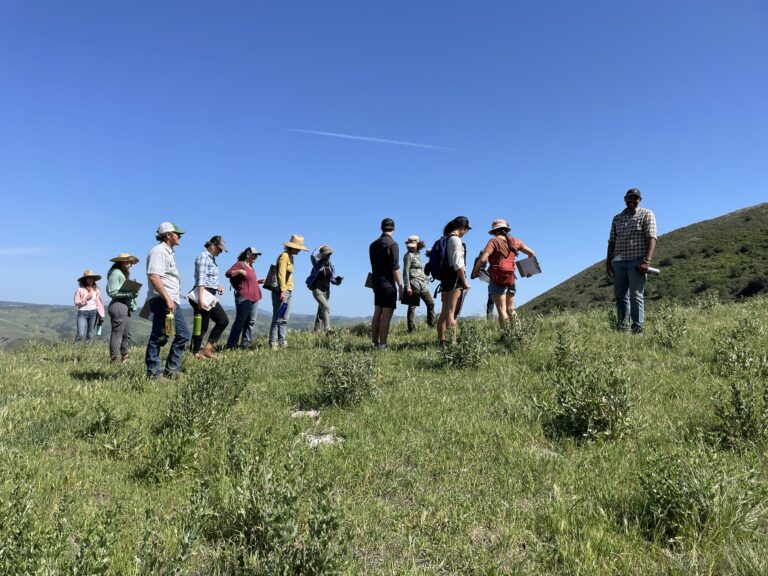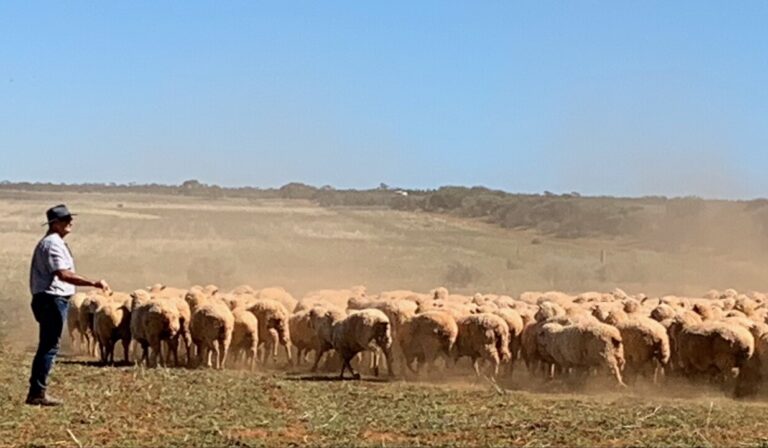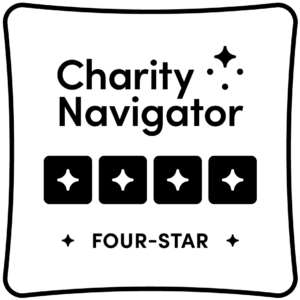About a century ago, many, many coal miners lost their lives because of undetectable pockets of gas in the mines. That was until they learned to take a canary in a cage into the mine with them. Canaries were very sensitive to the gas and if the bird fell off its perch, the miners knew to run from the mine.
Today, we face grave dangers that are just like the mine gas…they are not easily detectable until they are deadly. Let us see if there are any ‘canaries’ that could provide us with warning about those dangers in advance.
All scientists agree that no life can survive without suitable habitat. On land, the first sign of serious habitat destruction is soil exposure. When enough soil loses its vegetative cover for long enough, almost everything dies. As long as soil is covered, nature is amazingly forgiving.
Worldwide scientific principles are universal – management by humans has not changed in millennia. Although our technology has advanced, changing many of our practices, our management has always remained the same.
In areas of our planet where the humidity is fairly consistent, soil is almost impossible to expose for long periods because nature covers it up so quickly. But in areas of our planet where rainfall and humidity are seasonal (which is most of the world’s land area) it is very easy to expose the soil.
As a global community, where do you think we should look for our early warning? Where do you think we should look for dying canaries? We cannot look at any of the croplands, rangelands or forests under our management because many of them are deteriorating as a result of greed, corporate misbehaviour, corruption, cattle (emitting methane) mining, urban expansion, or some other reason that society believes is causing the horrific environmental degradation we are seeing.
So, logically we would need to look at the one place where none of those things we blame are present. Logically, we would look at the places that have been set aside to preserve nature, native communities, wilderness and abundance of biodiversity. Logically, we would look at our National Parks.
With that in mind, let’s take one minute to look at the national parks around where I live in Africa – they are no different from national parks in the United States or any other seasonal rainfall region of the world and they are all under the same management that’s practiced world-wide. This is the best land management that the modern world knows and uses in order to preserve nature in all her glory. (Blog will not allow me to post these as a video but you can see it as a one minute video on my FB site www.facebook.com/holistisolutions/ )

As we see, bare soil and some of the worst desertification we have here in Africa is occurring IN our national parks, as well as in the surrounding communal lands occupied by people, which leads to an increase in conflict with wildlife. The canaries are not feeling too good.
Habitat for all life is being destroyed by one thing, and one thing alone. Our management. The same management that is the cause of global desertification and climate change.
By contrast, Dibangombe, the land nearby which is on the same soils, in the same climate and with the same animals and the same humans, is regenerating consistently, with covered soil and showing green grass for over 16 poor rainy seasons, with this year being the driest I’ve known in my life.
This habitat is being regenerated for all life, including humans, by simply managing holistically – using the Holistic Management Framework.
For all young people, this is your warning that the canaries are dying and it is time to get out of the mine. Fast! There can be no future for us on this planet unless the management that is causing the destruction of human and wildlife habitat is addressed in our policies.
It’s time for us to evolve from using our outdated, reductionist management framework. We need to adapt to a new way of thinking and apply this paradigm-shifting decision-making framework so that we are all working together towards regenerating our planet…socially, culturally, economically and environmentally. Every single one of us want stability in these pillars of life…beyond race, religious or political ideologies.
We have to adapt and evolve and we have to insist that our governments and organizations’ evolve too and that they begin to develop national holistic policies. Urgently.





